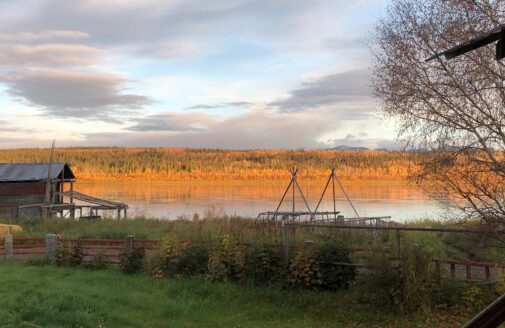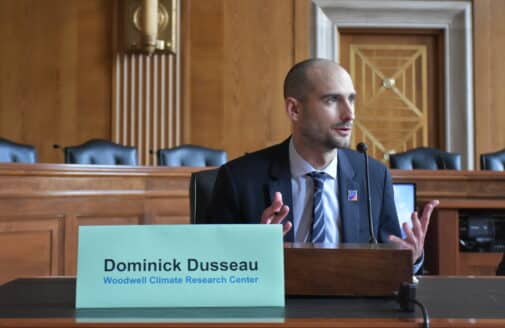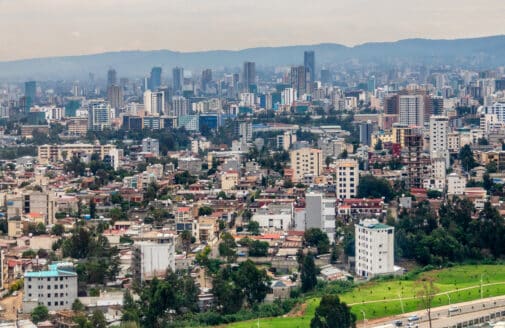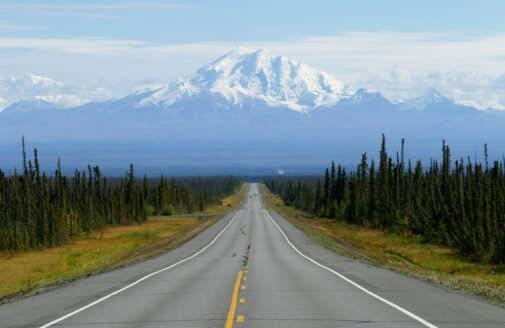Report: Economic, societal harms of climate change likely to grow

Woodwell Climate Research Center (formerly Woods Hole Research Center) is pleased to announce its involvement in a groundbreaking new report published by the McKinsey Global Institute (MGI), the business and economics research arm of global management consulting firm McKinsey & Company.
“We won’t solve climate change without involvement from the private sector, and [Woodwell Climate] is proud to be part of the process of making that happen. The most influential leaders in the private sector must be at the table and engaged in the process of finding solutions,” said Dr. Philip B. Duffy, Woodwell CLiamte Research Center President and Executive Director.
Climate risk and response: Physical hazards and socioeconomic impacts, warns that physical climate risks are present and growing and, absent adaptation, their unrecognized “nonlinear” characteristics could lead to large-scale economic effects. Woodwell Cliamte Research Center scientists participated in MGI’s working group on climate risk and produced much of the climatological analysis in the report.
“Many climate science reports focus on averages and the end of the century, but this report shows how our societies and economies will cross critical thresholds and face new vulnerabilities over less time than the duration of a typical mortgage,” said Dr. Spencer Glendon, Senior Fellow at Woodwell Climate and lead research advisor for the report for WHRC. “What emerges is a framework for using the insights of climate science. This report makes clear that physical risk needs to be integral to decision-making the way financial and cyber risk now are. Fortunately, climate models perform vastly better than financial or economic ones. Decision-makers need to start using them.”
The report assesses the socioeconomic risk from “acute” hazards, which are one-off events like floods or hurricanes, as well as from “chronic” hazards, which are long-term shifts in climate parameters like temperature. It suggests that climate hazard assessment and adaptation need to be part of a “new normal” of corporate, investor, and government decision-making.
Dr. Christopher Schwalm, Woodwell Cliamte’s Program Director for Risk and its lead scientist for the report said, “The climate emergency is not just about the future – it’s here. Climate change impacts are already felt today and will only intensify. This flagship report, at its heart, is about making individual to societal choices climate risk aware. Decisions from where to site a production facility to rating the creditworthiness of a municipality to buying a family home; all of these are enhanced through knowledge on present and future climate risk exposure. Across a broad range of climate perils, from hurricanes to wildfires, the sooner we incorporate climate risk into how we do business, how we frame the future, the better off we will be.”







